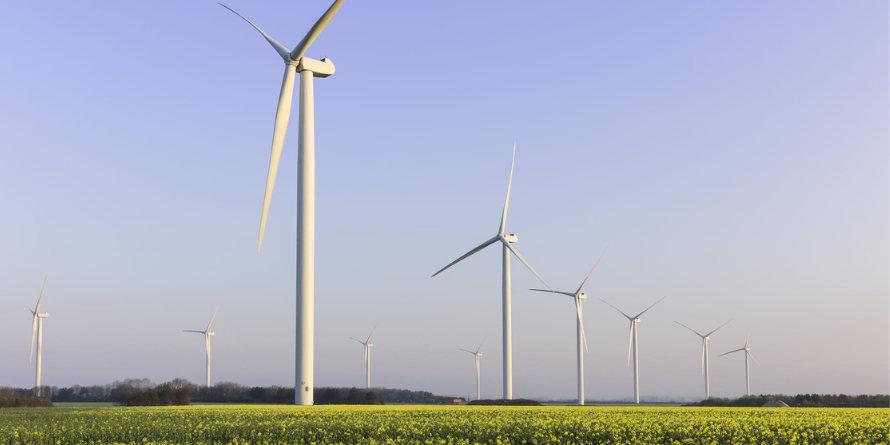Ofgem has recommended the full separation of the electricity system operator (ESO) role from the National Grid in a move aimed at help delivering net zero at the lowest cost to consumers.
The regulator said a new independent operator would also avoid any “perceived or real potential conflict of interest” given National Grid also owns the electricity transmission network.
A new body with additional responsibilities for running the system could save consumers up to £4.8 billion between 2022 and 2050, according to analysis by Ofgem.
Its new responsibilities would include taking a more active role in designing and planning new grid infrastructure, and providing independent advice to the Government on how best to hit its target of net zero.
Last month, the Government committed to consult on reviewing the management of the energy system and said any additional responsibilities may require greater independence from National Grid, which has managed the energy system since privatisation.
Given the scale of the net zero challenge, Ofgem said the Government should go further and consider full separation would it said would help ensure future decisions on how to manage the energy system are taken in the interests of consumers, helping to keep costs as low as possible.
Jonathan Brearley, Chief Executive of Ofgem, said: “The energy system needs to go undergo the biggest transformation in over a century to meet Britain’s ambitious climate goals."
“Ofgem is recommending the creation of an independent body to help deliver the fundamental changes in how we use energy. This would help bring forward green economic growth, accelerate our journey towards net zero and save consumers money on their energy bills.”
National Grid, which has already legally separated the electricity system operator business from the group, said it noted Ofgem’s report and said it “will continue to work closely with Government and with Ofgem over the coming months”.
“An industry structure that enables long-term thinking and allows the system operator to take on new roles as part of the energy transition is an important step in the market and regulatory reform necessary to deliver net zero."
"Significant further work is needed to determine the detail of that structure,” it said.
Read more

 United States
United States Australia
Australia





